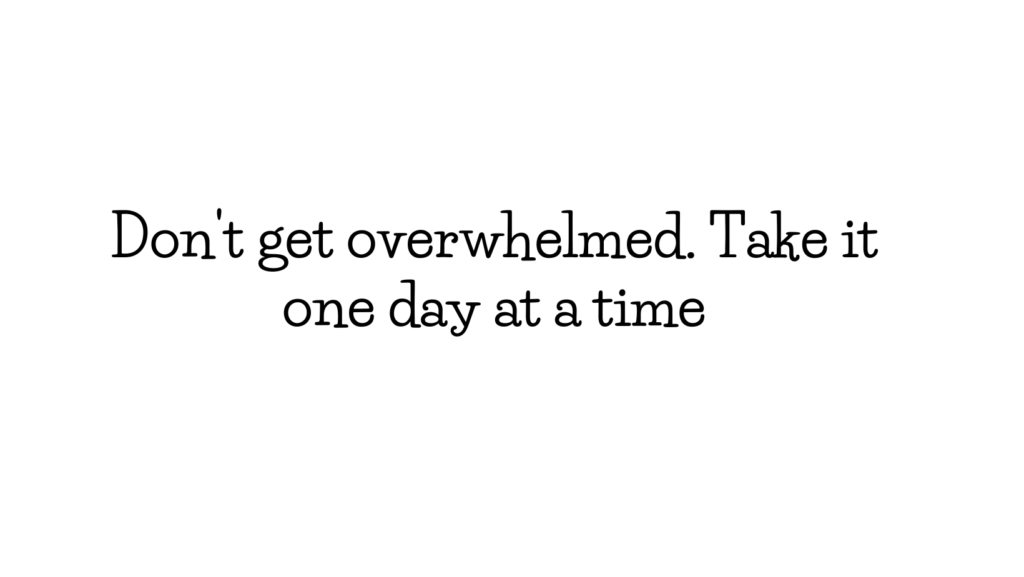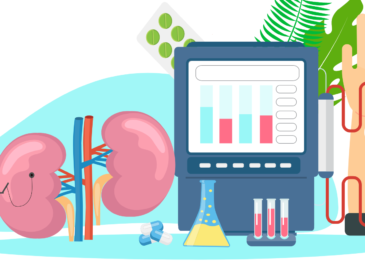Chronic kidney disease (CKD) is a complex condition affecting 1 in 10 persons. It is associated with physical and mental health challenges. Coping with the demands of lifestyle adjustments, dietary restrictions, and medications can be pretty overwhelming. Many CKD patients find themselves grappling with the day-to-day management of their health, which can take a toll on their overall well-being. Journaling has been used in different chronic illnesses and can be a helpful tool for CKD patients.
What is journaling
Journaling is the process of writing down thoughts, feeling, or experiences. It can be soothing for some people and is an excellent way of letting out negative energy.
By documenting your journey through journaling, you can gain insight into your condition and emotions, fostering a deeper understanding of your well-being. This self-awareness may enable you to identify patterns, triggers, and successes, which can be shared with healthcare providers to facilitate personalized treatment plans. Moreover, journaling itself can serve as a therapeutic outlet, helping you cope with stress and anxiety often associated with the complexities of CKD.
How to use journaling
Tracking symptoms and triggers:
Keeping track of your symptoms and identifying triggers can be made easier through journaling. By jotting down how you feel throughout the day, you create a valuable record that may help you spot patterns and connections between certain factors and your symptoms. This symptom tracking can prove especially beneficial for individuals dealing with autoimmune diseases, such as lupus. During a flare-up, for instance, you can refer back to your journal to pinpoint potential triggers, such as missed medications, exposure to sunlight, specific foods, or periods of stress.
Having a detailed symptom journal empowers you to become more attuned to your body and health. You can track not only the occurrence of symptoms but also their intensity and duration, providing your healthcare providers with vital information for better assessment and treatment planning.
Blood pressure and blood sugar monitoring:
A journal with a blood pressure and blood sugar chart can be helpful. In my clinical practice, I often look through blood pressure home readings to get a good feel of how blood pressure control has been. Luckily many automatic blood pressure machines keep records, but since people don’t come to the clinic with their machines, a journal allows their doctor to review the trend.
Blood sugar journals work in the same way. If you also keep track of your meals, it becomes easy to tell when your meal pattern is causing low or high blood sugar.
Diary of events:
Maintaining a diary of events allows you to document essential happenings throughout your day and track your emotional state. This practice serves as an outlet, enabling you to release negative emotions and gain insights into your feelings. For instance, if you experienced an unusually tiring day that prevented you from spending time with loved ones, you might notice that your mood was considerably low by the end of the day. Upon reviewing your journal, you can make connections between your low mood and the earlier fatigue.
The diary of events not only helps you understand the reasons behind your emotions but also fosters personal growth and accountability. You can celebrate moments of joy and success and reflect on ways to improve during difficult times. Over time, your diary can become a valuable resource for enhancing your mental and emotional resilience.

Types of journal
Physical: Some people enjoy writing by hand and find it more therapeutic. Flipping through the journal can also be relaxing. One trouble with a physical journal is that it may be unavailable when you need it. Physical journals can’t be backed up too, so when you lose a physical journal, it is lost for good. They can also be difficult to navigate, especially when you have tons of information in them.
Digital: A digital journal is convenient, accessible, and easily organized. However, if you prefer writing by hand, you may not like the digital journal. Another advantage of a digital journal is that it can easily be backed up so there’s less chance of losing your entries. A disadvantage of a digital journal is that you can get distracted by the internet or notifications on your device. For people who are not tech-savvy, a digital journal app may be difficult to navigate. An alternative is a writable PDF journal that you can fill and save.
Making journaling a routine
While journaling may seem simple, like any habit, it requires careful planning and commitment. Setting a specific time for journaling can help establish a routine and make it easier to stick with. Initially, it’s essential to keep things uncomplicated so you don’t feel overwhelmed and lose motivation. A straightforward approach could involve journaling in the morning, within an hour of waking up, or at night just before bedtime.
To ensure consistency, make your journal easily accessible. If you choose to journal before sleeping and use a physical journal, keep it by your bedside for quick access. For digital journaling, have the app readily available on your devices.
Decide on the scope of your journaling. You can start by writing about your day and emotions or opt for a more comprehensive journal that tracks health metrics like blood pressure and meals. Tailor your journal to suit your needs and interests.
Begin slowly and gradually expand your journaling efforts as you become more comfortable. Make journaling a manageable task, which might encourage you to continue the habit. Instead, view it as a rewarding and reflective activity.
Remember that journaling is a personal journey with no strict rules. Feel free to experiment with different writing styles, formats, and topics until you find what resonates with you. The goal is to create a journaling practice that enriches your life, promotes self-discovery, and allows you to freely express your thoughts and feelings. With patience and dedication, journaling can become a valuable personal growth and well-being tool.




